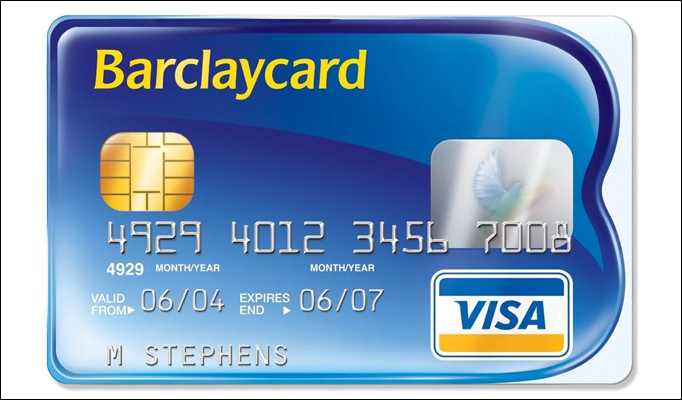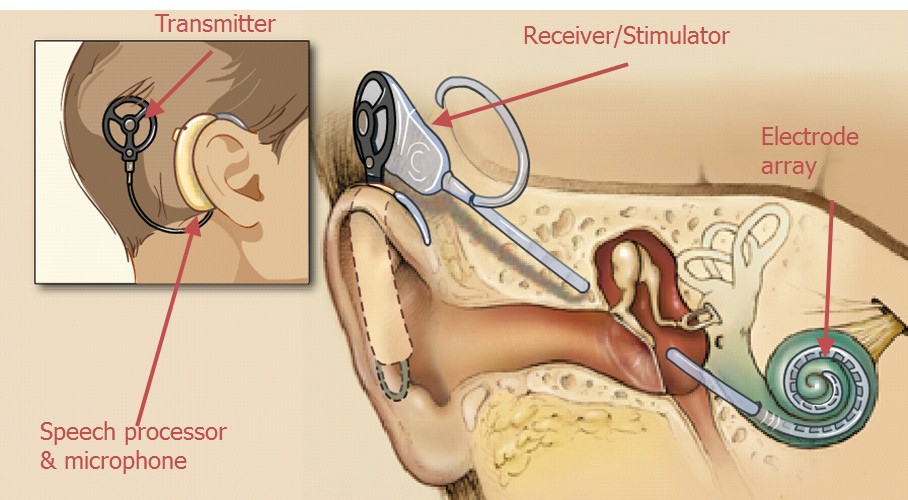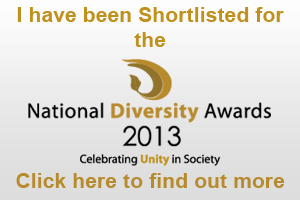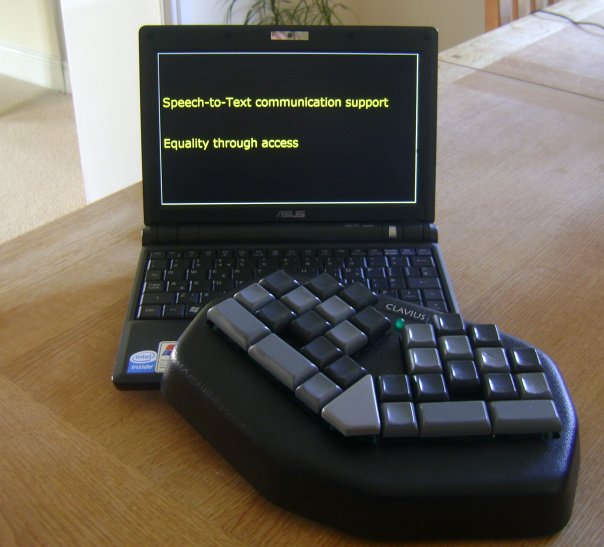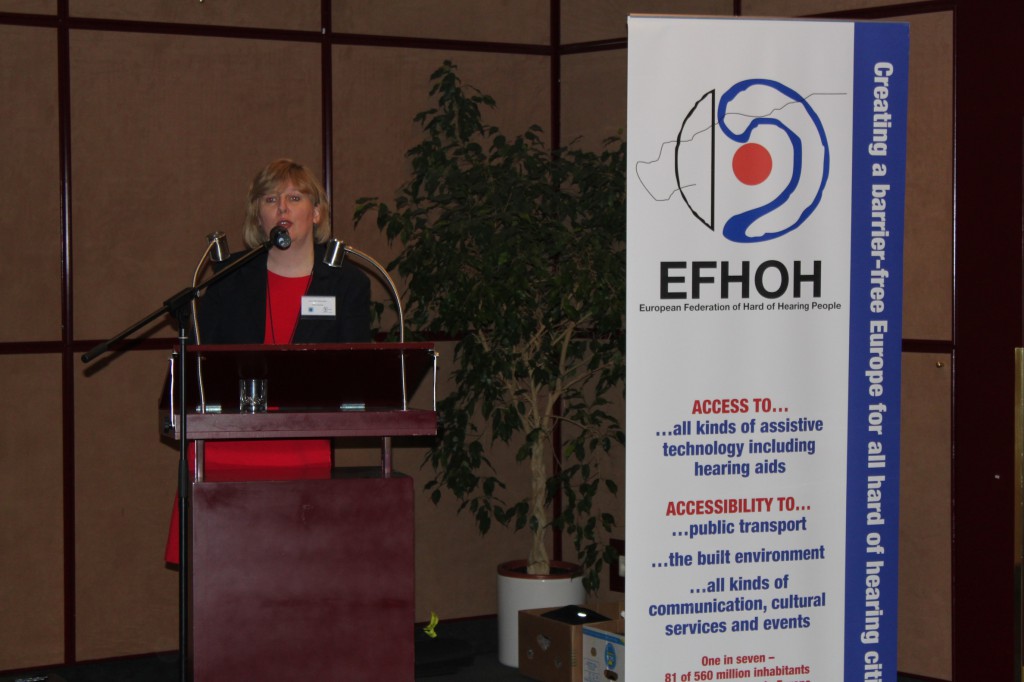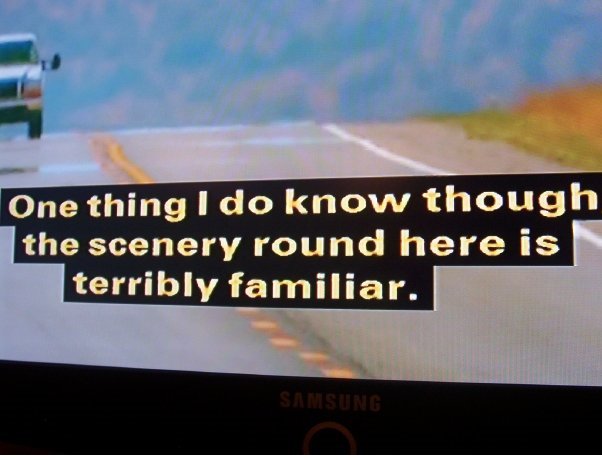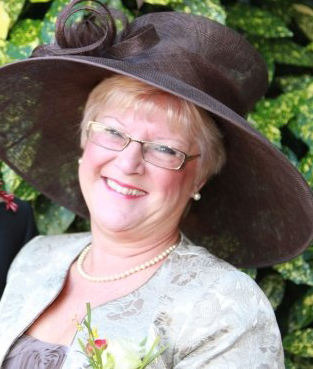Barclays listen to deaf customers
Deaf customers for Barclays?
On Friday 7th June 2013, I was sitting inside Barclays Bank’s local branch staring at my mobile phone. It was ringing. The call was from a person at Barclaycard’s Fraud Detection team, who had insisted on speaking to me on my mobile phone. I swiped ‘Answer’ then asked my son Richard, who was sitting next to me, “What on earth am I supposed to do now?”
Barclays Bank’s Personal Banker, who was sitting opposite us, looked extremely embarrassed and shrugged. I spoke into my mobile “Hello, I am Jill Hipson, I can’t hear you” and asked her what to do next. She shrugged again. I handed the phone to Richard. He listened to the Fraud Detection officer on the phone and said “He says he can’t understand you”.
Earlier that week, I had tried to use my Barclaycard to buy a new mobile phone from O2. The transaction failed because O2 had input incorrect information regarding my postcode. After trying the transaction twice, I gave up and tried my husband’s credit card. It didn’t work either, but the nice people at his credit card company rang him up to check the transaction. Unaware to me, Barclaycard blocked my card without any communication. The first I knew that my card had been blocked was when it was declined in the local garden centre.
I went home and tried to log into my Barclaycard account only to find I was blocked from using Internet Banking. I tried to phone Barclaycard using Text Relay but couldn’t get an operator. This is a scenario not unfamiliar to many frustrated users of the service. There was nothing for it to go and talk to the personal banker in Barclays, so I asked Richard to come along and help me with communication. And that is how Richard and I found ourselves facing the unfortunate personal banker across a desk while I was asked to do something which is so common and taken for granted by hearing people that they do it many times every day without a second thought, but which is physically impossible for me. In other words, answer my mobile phone and speak to the person on the other end.
The first letter to Barclaycard
On 8th June I wrote a letter of complaint to Barclaycard which explained what had happened. I told them that I was completely deaf and that my speech is not understood by hearing people, so that it had been impossible for me to answer the call from Barclaycard Fraud Department. I copied the letter to The Times Troubleshooter Column, who had helped me before when I faced a similar scenario. Troubleshooter must have copied the letter to their contact at Barclaycard because I got two replies – a fob-off from the complaints department, and a more helpful reply from a Senior Customer Relationship Manager at Barclaycard. She stated that the way my case had been handled was completely unacceptable and that Barclaycard welcomed calls via Text Relay from its deaf customers. She also apologised for the situation and awarded me £100 compensation. Unfortunately this didn’t move matters forward as the situation could still arise again.
Thinking about the problem for deaf customers
This was actually the third time I had been caught out because I was unable to answer an incoming call from either Barclays or Barclaycard’s Fraud Departments trying to verify a transaction I was attempting to make. My previous complaints had met the same response: Barclays and Barclaycard welcome calls via Text Relay from its deaf customers. It seemed that the banks over-relied on Text Relay, lacking awareness that the use of Text Relay would require a textphone plugged into a telephone socket. Telephones and textphones are both fixed line equipment. The Bank felt it was not necessary to provide any other form of access for deaf customers. But this wasn’t the right answer. Calls via Text Relay can not be made or answered using mobile handsets. I had a long hard think about the situations I had been in. I wrote another letter explaining that there is currently no hardware or software which enables a deaf person using a mobile phone to make and receive calls via Text Relay.
Des comes to the rescue
Des Masterson is part of the Facebook group “Spit the Dummy and Campaign for BSL Act” Campaign Team. I posted about my bank problem, complaining that the letter from the customer manager at Barclaycard didn’t move things forward. Des contacted me via Facebook and offered me help with my second letter to Barclaycard. A Facebook chat and an email exchange later, my one-page letter had grown into a 4-page sledgehammer of a missive with detailed references to the Equality Act 2010. Des showed that Barclaycard had discriminated against me on three counts:
- Barclaycard Fraud Detection Team had not taken any steps to enable their services to be accessible for use by deaf customers. This is classified as a failure to make reasonable adjustment under the Equality Act 2010.
- Barclaycard Fraud Department use one-size-for-all practice by insisting on making telephone calls to my mobile phone and speaking to me, despite the fact that I am already known to the Bank to be profoundly deaf and the inability to hear calls and speak. This is classified as the indirect discrimination under the Equality Act 2010.
- Unaware to me, the Bank placed a block on my credit card until this came to a light when I used the credit card to make payments for my shopping and the transactions were declined. The Bank put a block on my use of Internet Banking without making this clear to me until back at home, my attempts to gain access to my accounts online were denied. The Bank’s failure to communicate with me in an accessible format unfortunately led me to face consequences due to my deafness. This is classified as the discrimination arising from a disability under the Equality Act 2010.
On 27th June, that letter was sent to Barclaycard. They replied advising that they appreciated that I am unable to have the use of Text Relay when I am away from home, and stated that the Fraud Detection Team should be able to communicate with deaf customers by text message when asking them to confirm whether transactions are genuine or not. This new service will start in October 2013.
TCPhoneText and AUPIX
There is a service called TCPhoneText, run by a company called Aupix, which enables deaf people to make calls via Text Relay. Calls may be made from a PC or from certain types of mobile phone (Android, iphone 4 & 5), but I have a Windows mobile. I am aware of this however the use of Aupix would not have solved my banking problems for the following reasons:
- Aupix is not supported by mainstream telephone providers.
- Calls, including a call setup fee, via Aupix have to be paid for on top of charges levied by the mainstream telephone provider. Aupix’s charge rates per minute is not competitive in the current telephone market and as a result the Aupix user would have to pay more for calls. Under the Equality Act 2010 the service provider has a legal duty to make reasonable adjustments without any costs to cost customers with disabilities. This does not mean the need in service providers to buy equipment/softwares for customers to have the personal use.
- To receive incoming calls via Aupix, it would be necessary for the computer to be switched on and Aupix be kept logged on, and to be in front of the computer for alerts in the visual format of any incoming call. In comparison with the use of mobiles, in which texts and emails would draw the person’s attention straight away regardless of the person’s circumstances, such as away from home.
Conclusions
- Banks don’t understand deaf telecoms.
- Banks over-rely on voice telephone calls via Text Relay which involve the use of ordinary telephones and textphones, both requiring fixed telephone lines. They don’t understand that Text Relay does not work with mobile phones.
- Banks genuinely don’t appreciate that use of e-mails and text messages are both primary channels for any communications with deaf customers via mobiles.
A heartfelt thank you to Des Masterson for all his help in getting my bank problems sorted.
Barclaycard were given an opportunity to respond to this article, they said:
We’d like to apologise again to Ms Hipson after our service fell below the level we would expect her to receive from us. For future contact with her we’ve made sure that our advisors are aware they should use alternative methods to voice calls.
It’s our aim to make banking easy and accessible for all of our customers regardless of any disability. To help our deaf customers manage their accounts we offer a Text Relay telephone service, the option to speak with a professional sign language interpreter in one of our branches, online secure messaging, and email access to our customer services team.
From next week customers will be able to use Skype to discuss their account from home, through a professional sign language interpreter, and later in the year it they will be able to do so in our branches. Barclays will be the first bank to roll out this service across our branch network. We’re also bringing in the option for customers to receive texts from our Fraud Detection team asking them to confirm whether transactions are genuine or not, rather than requiring them to take a call.
First published on Limping Chicken

